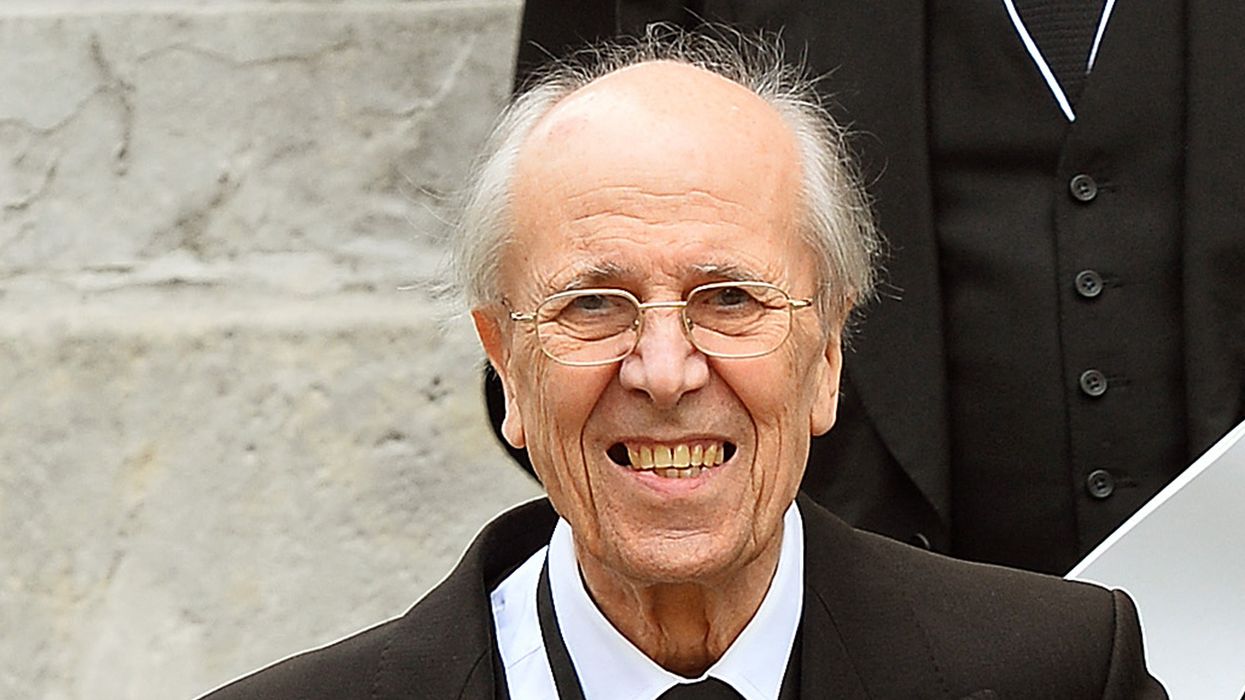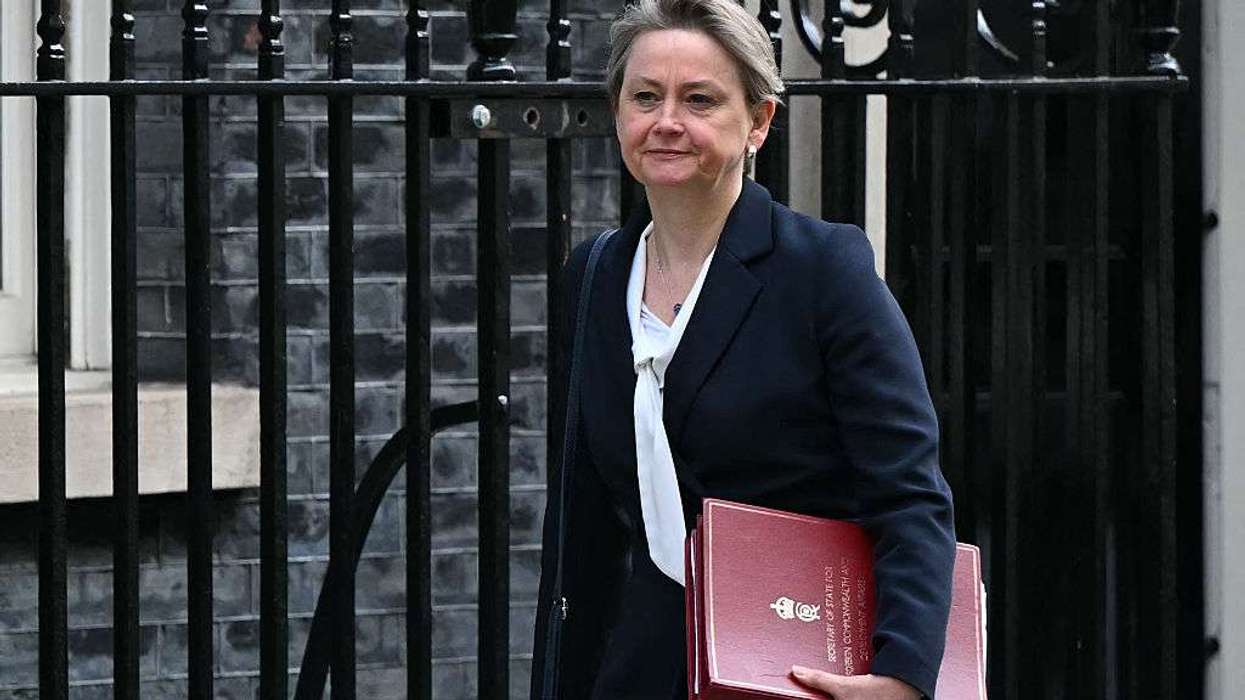Norman Tebbit, a close ally of former British prime minister Margaret Thatcher and a former Conservative Party cabinet minister, has died at the age of 94. His son William confirmed the news on Tuesday.
"At 11:15 pm on 7th July, 2025, Lord Tebbit died peacefully at home aged 94," William Tebbit said in a statement.
Tebbit was seriously injured in 1984 when the Irish Republican Army (IRA) bombed the Grand Hotel in Brighton during a Conservative Party conference. The attack was aimed at assassinating Thatcher. Tebbit had to be pulled out from the rubble, and his wife Margaret was left paralysed from the neck down as a result of the explosion.
Following Thatcher’s third general election victory in 1987, Tebbit stepped back from frontline politics to care for his wife.
Between 1981 and 1987, Tebbit held several key positions in government, including employment secretary, trade and industry secretary, and chairman of the Conservative Party. He was known for his direct approach during a period marked by high unemployment and widespread unrest.
"I grew up in the 1930s with an unemployed father," he said. "He didn't riot. He got on his bike and looked for work and he kept looking until he found it," Tebbit added.
The statement was widely quoted and paraphrased by critics as telling people to "get on your bike", and was used by the left to depict him as lacking compassion.
The satirical TV series Spitting Image portrayed him as a tough, leather-clad figure with metal chains, a depiction Tebbit reportedly found amusing.
Tory Party leader Kemi Badenoch described Tebbit as "an icon in British politics" and praised his "enormous intellect and profound sense of duty to his country".
She said Tebbit had played a key role in Thatcher's administration, especially in confronting the influence of trade unions.
"But to many of us it was the stoicism and courage he showed in the face of terrorism" and his dedication to caring for his wife that showed he was "first and foremost a family man who always held true to his principles", she added.
(With inputs from agencies)





